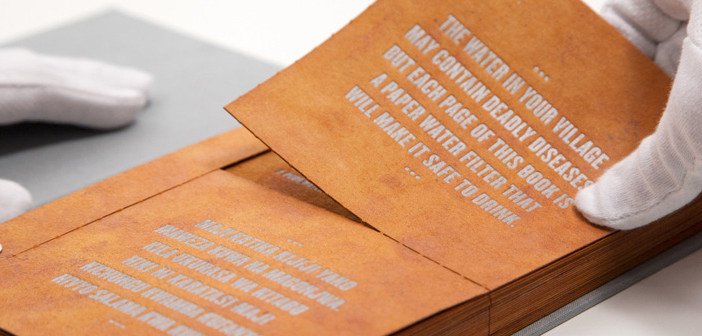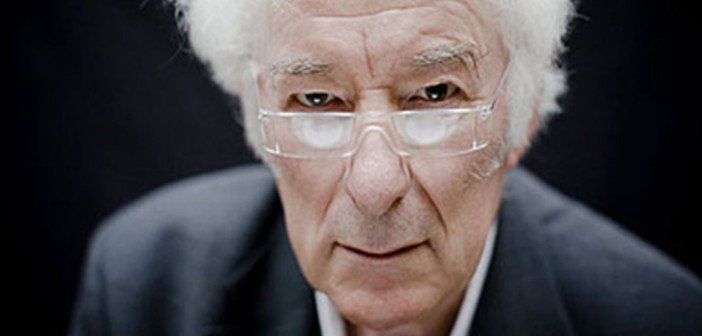The Lit Review |39| Mutiny in Venice
Mutiny in Venice
The newly elected mayor of Venice has already made a few foes after ridding local libraries of 50 books for pre-school children, due to their unconventional content.
According to this article, the books had been on bookshelves for some time before Mr Brugnaro’s intervention; it was only when they were placed on a recommended reading list by pre-school experts and university academics – as books to help educators address prejudice and discrimination – that he decided to ban the books.
This decision has been criticised by an outraged Elton John, who has two children with partner David Furnish. The singer posted on his Instagram: ‘Instead of encouraging a world based on inclusiveness, tolerance and love, he’s championing a future society that’s divisive and fosters ignorance,’ the singer wrote. ‘Beautiful Venice is indeed sinking, but not as fast as the boorishly bigoted Brugnaro.’ Elton wasn’t alone in his outage, as Italian campaigners took to the streets for a marathon read-in of the 50 books.
Little Egg, or Picolo Uovo, the award winning story of an unhatched egg, who explores a variety of families, finding love and happiness in each one (terrifying, clearly), was one of the books to get the chop. Francesca Pardi, author of the book, spoke out against the mayor’s decision ‘Education isn’t about teaching how or what to think, but to pass values… Kids won’t become gay if they read a book about two moms, but they will be happier if that is their family situation’.
Italy is still the only country in Western Europe where same sex unions of any kind are still illegal. Last month, the European Court of Human Rights in Strasbourg, France, ruled that Italy’s lack of legal recognition of same-sex couples was a human rights violation.
Despite whittling his list from 50 down to just 2, Brugnaro appears unfazed. ‘Even today, you technically still need a man and a woman to have a baby,’ the mayor announced, arguing that some issues are best discussed within the family and not in school. ‘These books risk confusing children.’ The mayor responded to Elton’s criticisms by saying he had ‘no problem with homosexuals’ and he was ‘not afraid of your insults’. He threw a final dig, to the singer, who owns a home in Venice, saying ‘I challenge you to give real resources to the city’. Ouch, low blow.
Nonsense Words in Gulliver’s Travels
During Gulliver’s travels, our protagonist arrives at Lilliput, where he learns the language of the Houyhnhnms. This language is one that many have written off as nonsense, and merely the whimsical musings of its author, Jonathan Swift. But now Irving Rothman, an English Professor at the University of Houston, has developed a theory claiming the nonsense words are derived from Hebrew. One example of this is his interpretation of the words ‘Borach mevolah’ which seemingly refers to Gulliver’s capacity to drink. Rothman says that ‘baruch’ is the Hebrew word ‘blessed’, and ‘mevolah’ – spelled in Hebrew ‘mivolim’ – translates as ‘complete defeat’, so this could mean that ‘Gulliver’s drinking all that liquor leaves him helpless and in a drunken state’. Ahem, yes perhaps that’s it, Irving.
Drinkable Books

Researchers have developed a guide on water safety, the pages of which can be torn out and used as filters. Dr Theresa Dankovich initially trialled the ‘Drinkable book’ as part of her PhD thesis in McGill University, in Canada. It was during her post doc that Theresa and her team tested these filter papers with water sources in South Africa at the University of Venda.
Each page can filter up to 100 litres of water, meaning each book could last for an entire year. Dankovich has now teamed up with WaterisLIFE, with the ultimate goal of bringing clean water to Ghana, Haiti, Kenya, and India.
Culture Night
Culture night, Dublin will take place this year on Friday 18th of September, and there are a number of literary events taking place in the city. Leabhar Love has compiled a helpful round up of what’s on in literature. One highlight might be a visit to Sweeny’s pharmacy, where Leopold Bloom paid a visit in the book Ulysses, and where there will be extracts read from the famous novel. You can also grab some free lemon soap.
Independent Publishers have the Winning Formula

I mentioned last week that Irish writer, Sara Baume has been nominated by readers for the Guardian’s First Book Award; originally published by Irish independent company, Tramp Press, before Heinemann picked it up for publication in the UK last October. The rest of the fledgling authors to complete the long list were chosen last week and it appears that 6 out of 10 of these debut novels were sourced and published by independent presses. The Guardian’s literary editor commented saying: ‘It’s been a fascinating year…With the industry struggling to make the transition into the digital age, editors in the larger houses are finding themselves under increasing pressure to make a commercial case for each acquisition. So smaller publishers, for whom risk is an unavoidable fact of life, are driving innovation.’ It shows that taking a risk can sometimes work in your favour. Take a look at the long list here, in beautiful pictures.
Man Booker Vloggers
In a previous Lit Review, I referred to a series of Man Booker Prize podcasts where Joe Haddow, presenter of Radio 2 book club, will guide listeners through the archives and introduce them to the new stories from the longlist and shortlist announcements. This project highlights the conscious move by the world renowned prize into the interactive, digital world. In a further move to generate dialogue around the prize, the latest ‘vloggers book club’ welcomes its inaugural group of literary vloggers who will form a commentary around the books in the running for this year’s prize. Jen Campbell, one of the five vloggers this year, is the Sunday Times bestselling author of The Weird Things Customers Say in Bookshops series and The Bookshop Book has commented saying: ‘As bookish YouTubers – or BookTubers – we are passionate about creating exciting new content about the world of books to share with our subscribers, and we can’t wait to get started.’
An Epitaph

It has been two years since the sad loss of Irish poet, Seamus Heaney. To mark his second anniversary, an epitaph on his gravestone has been revealed, inscribed with his own beautiful words from the poem Gravel Walks:‘Walk on Air against your Better Judgement.’
Heaney passed away suddenly, at age 73, in August 2013. His son discusses his father’s passing saying he wrote his mother a text message providing words of comfort for his wife Marie, the message said ‘Noli timere’ (Don’t be afraid).’ The Nobel Laureate’s gravestone stands in his hometown of Bellaghy, Co Derry.
Sleeping Rabbit

The Rabbit Who Wants to Fall Asleep, is a new book for little angels who simply refuse to sleep at night. The paperback was written by Swedish psychologist Carl-Johan Forssen Ehrlin and tells the tale of Roger the Rabbit, the Sleep Snail and Uncle Yawn on their quest to help the rabbit go to sleep. This is the first time an independent author has reached the Amazon best sellers list, highlighting the fact that exhausted parents will try anything. Forssen Ehrlin claims to use complementary imagery and language patterns which ‘helps the child relax, fall asleep faster and sleep calmer every night’.
Parents also need to read the book very slowly and melodiously. I mean, it’s all very well and good reading something melodiously, but what about when your five year old is having a temper tantrum on the bathroom floor and you have a toothbrush lodged in your hair? What do you propose then, Carl-Johan? I wonder if he could also write a book about some very delicious broccoli.

